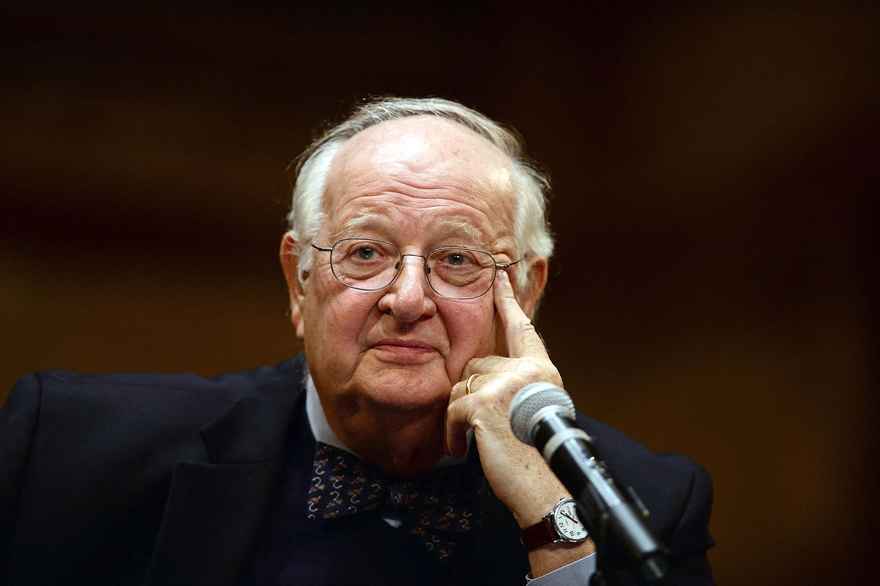Is the Neoliberal Citadel Beginning to Crumble?

Photo: Angus Deaton, a Princeton professor renowned for his meticulousness, has won the 2015 Nobel Prize for economics.PHOTOGRAPH BY JEWEL SAMAD / AFP / GETTY
15 April 2024 - an Article by Jonathan Dawson @ Gaia Education [jonathan.dawson@gaiaeducation.org]
A remarkable article by economics Nobel laureate, Angus Deaton, has recently rolled off the press. It comprises a thoroughgoing critique of the very foundations of neoliberal economic philosophy and practice from one of its leading proponents.
The breadth and power of his critique is remarkable in its boldness. In equating well-being with GDP and with its focus on individuals rather than on relationships between people within families and communities, Deacon suggests that the economics profession overlooks much of what matters most to people.
Moreover, he continues, ‘without an analysis of power, it is hard to understand inequality or much else in modern capitalism’. By leaving questions of ethics to others, he asserts, ‘social justice became subservient to markets, and a concern with distribution was overruled by attention to the average, often nonsensically described as the “national interest.” To become more aligned with reality, he suggests economists need to draw more generously on the ideas of philosophers, historians, and sociologists, ‘as Adam Smith did’.
Deaton declares himself sceptical of the benefits of free trade and of the claim ‘which I and others have made in the past, that globalization was responsible for the vast reduction in global poverty over the past 30 years’. Specifically, he believes that ‘the reduction in poverty in India had little to do with world trade’. Large corporations, he argues, have too much power over working conditions and wages, and trade unions need to play a more active role in economic decision-making.
His conclusion is devastating: ‘…….when efficiency comes with upward redistribution—frequently though not inevitably—our recommendations become little more than a license for plunder.
Perhaps of even greater significance than the power of Deaton’s critique is where the article is published – in the IMF’s online Finance and Development magazine https://www.imf.org/en/Publications/fandd as one of a number of pieces under the theme, Rethinking Economics. This is a publication aimed not at the general public but at decision-makers at the heart of economics policy making.
Dare we believe that this voice from within the establishment is indicative of a wider seismic shift in our collective thinking? One can only hope so.


0 comments
Leave a comment